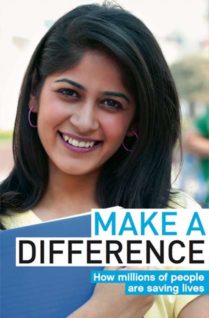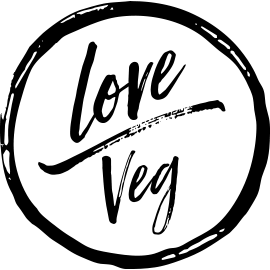Where do I get my…?
Whether you’re planning on reducing your meat consumption, cutting out meat entirely or switching to a vegan diet, you’ve probably been asking yourself “Where do I get my…?”. Well, don’t worry! Vegan foods offer all the necessary vitamins, minerals and nutrients that are important to our health.
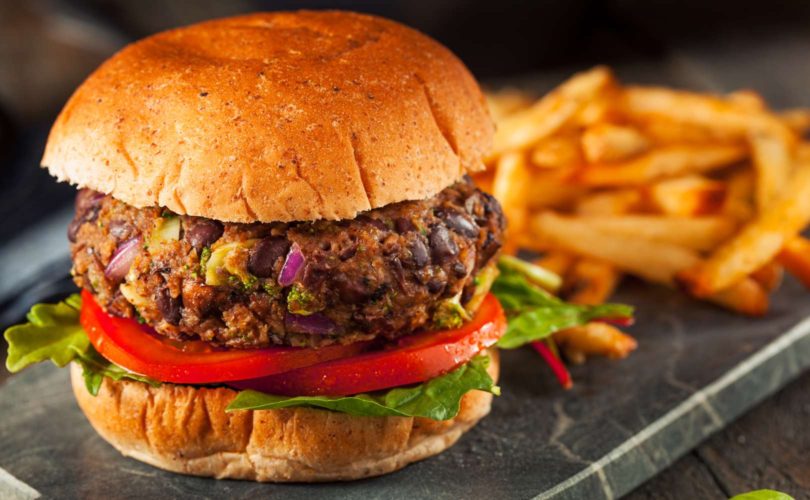
Protein
Covering your daily protein requirements is easier than you might think. Almost all foods, apart from fruits (very low in protein) and oils, contain some protein. We all should eat protein-rich food every day. Legumes are the unrivalled superstars among all plant-based sources, such as lentils, beans, peanuts and peas.
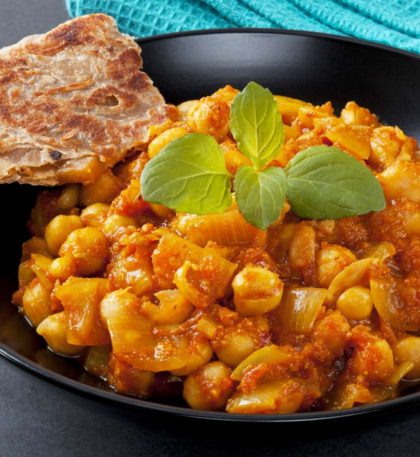
The following foods are great protein sources:
- Beans such as black eyed beans, kidney beans, french beans, lima beans
- Peas
- Chick peas
- Finger millet
- Oats
- Spirulina
- Lentils
- Tofu and tempeh
- Soy milk (soy milk has much more protein than other plant milks)
- Peanut butter
- Seitan or other meat substitutes
- Pumpkin
- Almond
Iron
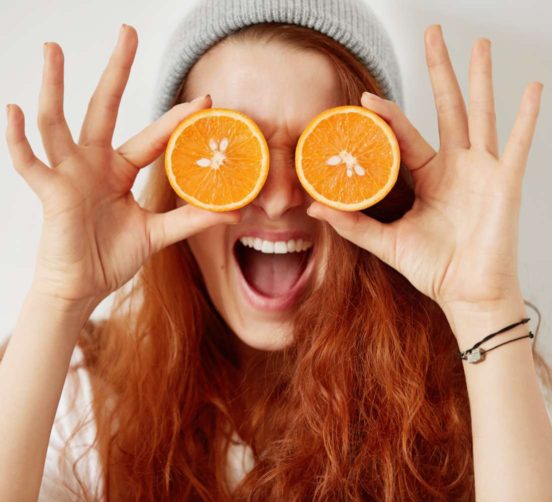
I always have a glass of orange juice with my oatmeal. Vitamin C helps the body to absorb iron and it’s a great start for a new day!
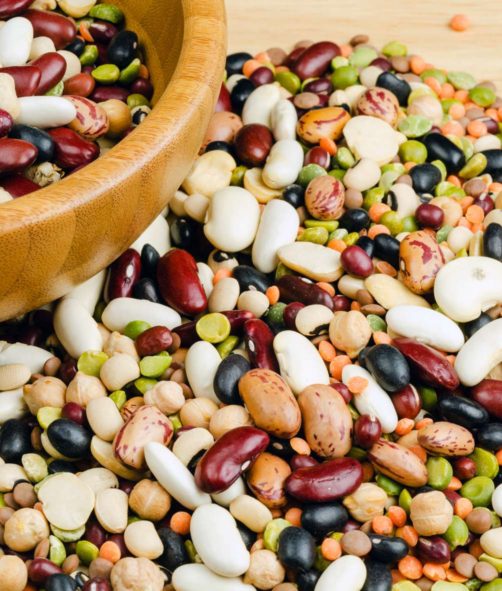
The best iron sources are legumes. Dark chocolate and whole-grain products also offer plenty of iron.
The following foods are good sources of iron:
- Finger millet
- Black beans
- Fava beans
- Lentils
- Chickpeas
- White beans
- Tofu
- Cooked spinach
- Whole-grain products, such as roti, whole wheat bread or brown rice
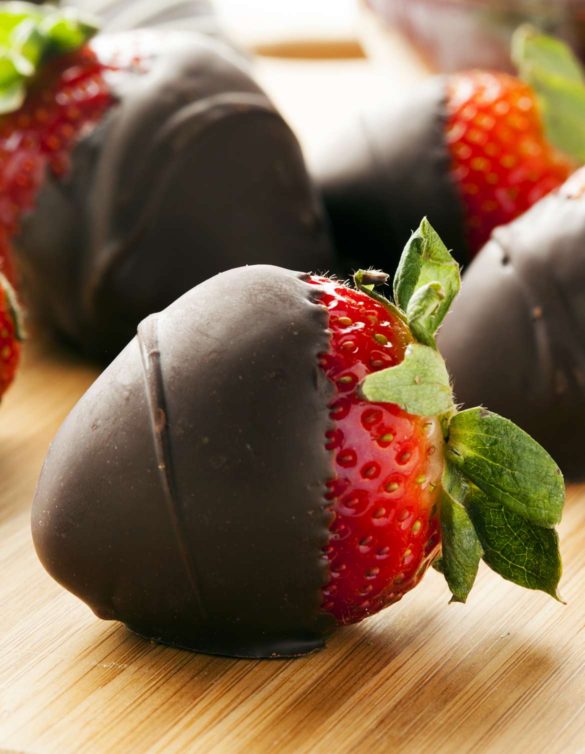
In order to increase the absorption of iron, iron-rich foods should be consumed along with foods containing vitamin C.
Great sources of vitamin C are:
- Strawberries
- Lemons
- Oranges
- Broccoli
- Cauliflower
- Bell peppers
- Mangoes
Avoid drinking coffee or tea during meals as they reduce iron absorption. Men hardly ever have any iron deficiencies regardless of their nutrition. Women, however, lack iron because of menstruation and that is why iron should be supplemented, regardless of whether or not you are vegan or vegetarian.
Calcium
Let’s address the infamous question, “But where do you get your calcium?” To name a few, Black Eyed beans, Chickpeas, Kidney beans, Peanuts, Cashew nuts, French Beans, Peas, Guava, Pomegranate, etc.
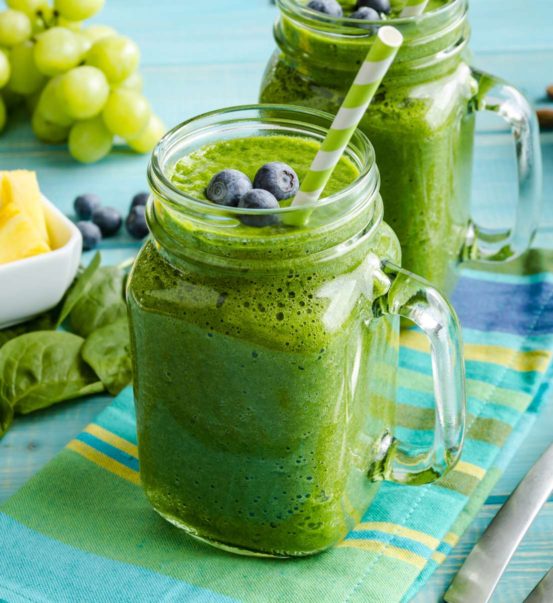
Here are some more calcium-rich foods:
- Vegetables such as Amaranth leaves (Chau lai), French beans (pharas Bin), Okra (Bhindi), and Sweet potatoes
- Finger millet
- Dry fruits such as blackcurrants, dates
- Fruits such as gooseberries, orange
- Beans such as fava beans, garbanzo beans, pinto beans, soy beans
- Broccoli
- Tofu
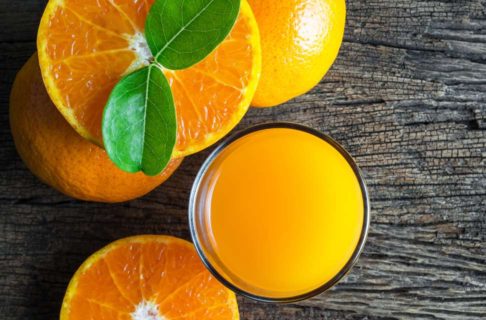
Vitamin D
The human body synthesises vitamin D on exposure to sunlight. An adequate supply of vitamin D is ensured when at least 15 minutes of midday sun (without sun protection) per day shines on your face or arms. People with darker skin and older people need longer sun exposure – around 20 to 30 minutes – so that they get the same amount of vitamin D.
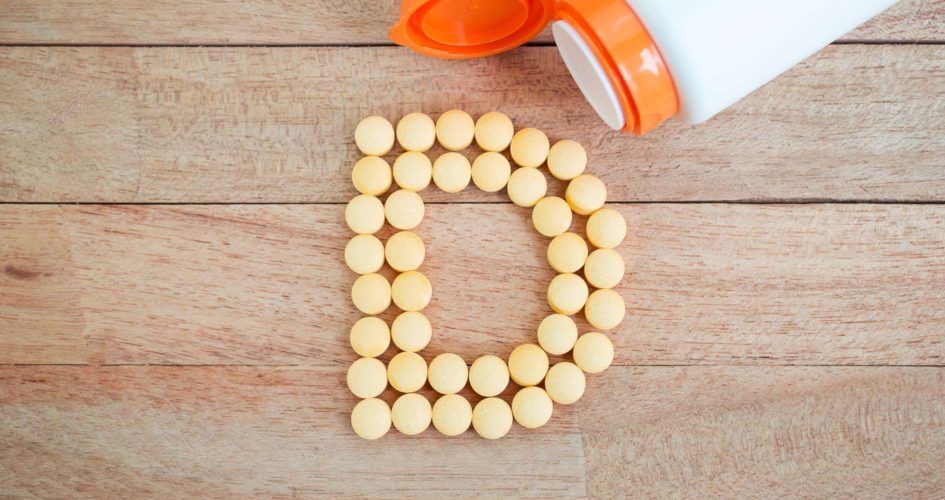
Regardless of one’s diet, everybody should take nutritional supplements containing vitamin D, appropriate to their age (from 10 to 20 micrograms per day). These are available in drugstores and health shops.
Omega-3 fatty acids
Alpha-linolenic acid (ALA) originating from the omega-3 family is essential. This means it is vitally important, but cannot be produced by the human body itself and therefore has to be taken in by food.
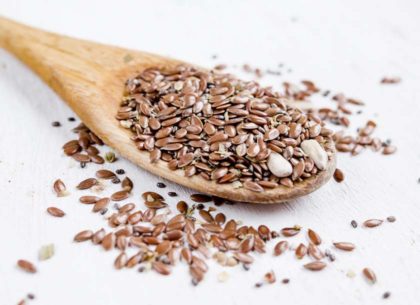
The most important ALA sources are:
- Rapeseed oil
- Linseed oil
- Walnuts
- Flaxseeds
It is believed that these omega-3 fatty acids reduce the risk of heart disease.
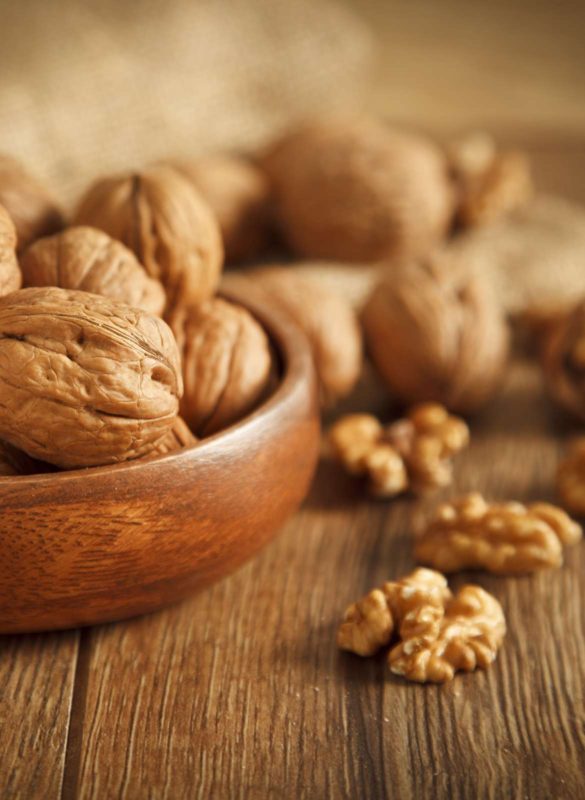
Vitamin B12
While following a vegetarian or vegan diet, vitamin B12 must be taken as a nutritional supplement. Chewable tablets as the B12 source are available in chemists, health food shops and in some supermarkets.
If you have any doubts, ask your doctor to check on your vitamin B12 levels and find a suitable B12 source.
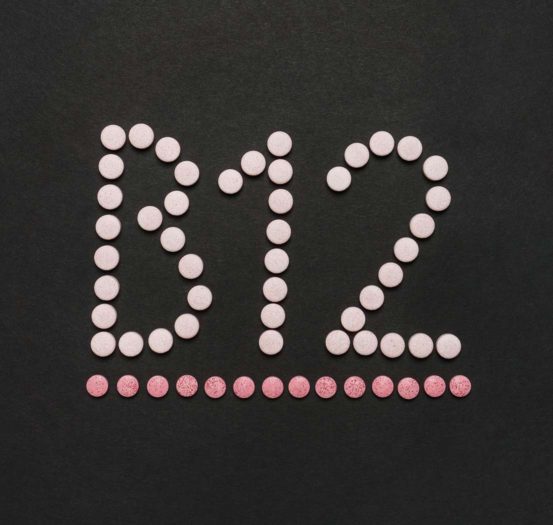
Pledge to try veg
